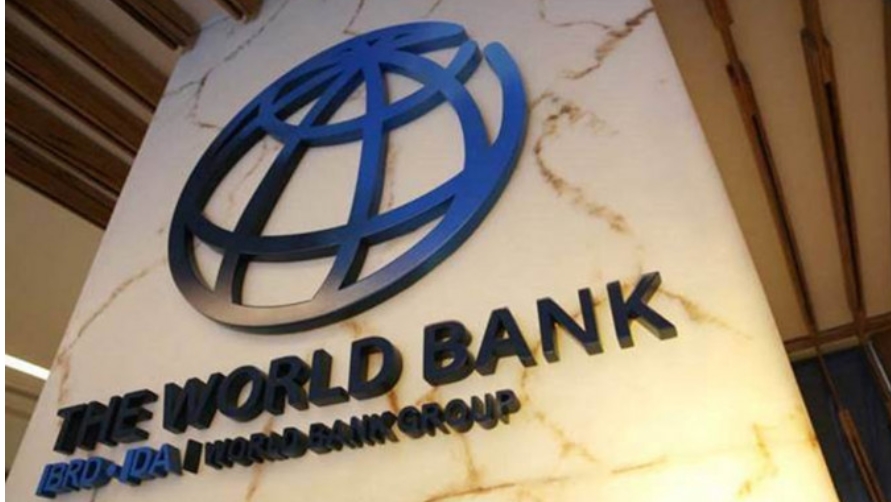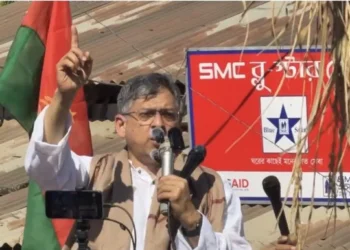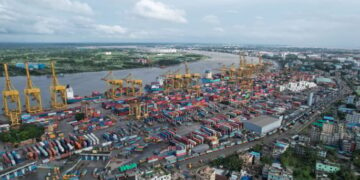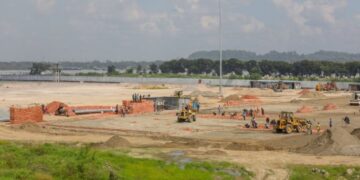The World Bank has approved $500 million in funding to support reforms in Bangladesh’s public and financial sectors. The main goal is to build more trust in public institutions by increasing accountability, transparency, and better management.
This financing is under the program titled “Strengthening Governance and Institutional Resilience Development Policy Credit.” It aims to help Bangladesh achieve sustainable economic growth.
Stronger Services for Vulnerable People
The World Bank said the reforms will create a stronger base for better services for poor and vulnerable families in Bangladesh.
Gayle Martin, World Bank’s Interim Country Director for Bangladesh, said that Bangladesh is taking strong steps to make its institutions more open and answerable to the people. The support will help build a more inclusive economy that benefits everyone.
Read More: 14 Cargo Planes Land in Israel with US-German Weapons
Low Revenue-GDP Ratio a Big Challenge
The World Bank noted that Bangladesh has one of the lowest revenue-to-GDP ratios among middle-income countries. This limits the government’s ability to provide quality services. The new program will help improve the way the country collects and manages taxes.
In accordance with global best practices, it will also improve the efficiency and transparency of tax administration and policy.
Reforms in Tax Exemptions and Corporate Governance
One major reform is to make all tax exemptions subject to approval by Parliament, instead of the current ad hoc system. This will ensure more order and fairness in tax management.
The financing will also help improve corporate governance, by aligning financial reporting with global standards and increasing transparency. The program will strengthen the Bangladesh Bank’s ability to manage banking risks by giving it more tools to handle problems in the banking sector.
More Transparency in Public Sector
Raising accountability and openness in the public sector will be the emphasis of another program component. By 2027, all government project documents must be made publicly available.
Other steps include:
- Using e-GP (electronic government procurement) for all public purchases
- Disclosing beneficiary ownership in projects
- Removing price caps to increase fair competition and reduce corruption
The Office of the Comptroller and Auditor General will also be strengthened to improve public financial accountability.
Better Data, Better Service Delivery
The independence of the Bangladesh Bureau of Statistics (BBS) will be improved to ensure better data transparency. It is anticipated that this would result in better public services.
The government will also improve cash support programs for poor and vulnerable families. A new dynamic social registry will help identify and support the people who need help most, especially during economic shocks and natural disasters.
Aligned with People’s Demand for Transparency
Dhruv Sharma, World Bank senior economist and team leader for the project, said that the financing matches the people’s demand for more openness and responsibility in governance.
He said better data systems and smarter targeting will ensure that government help reaches those who truly need it, especially in hard times.
World Bank’s Ongoing Support to Bangladesh
With this approval, the World Bank’s total new funding for Bangladesh in FY2025 stands at $3.07 billion. Since Bangladesh’s independence, the World Bank has committed over $46 billion in grants and low-interest loans.
Source: TBS
Share via:

















